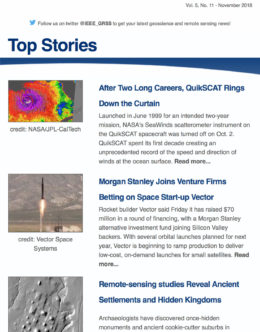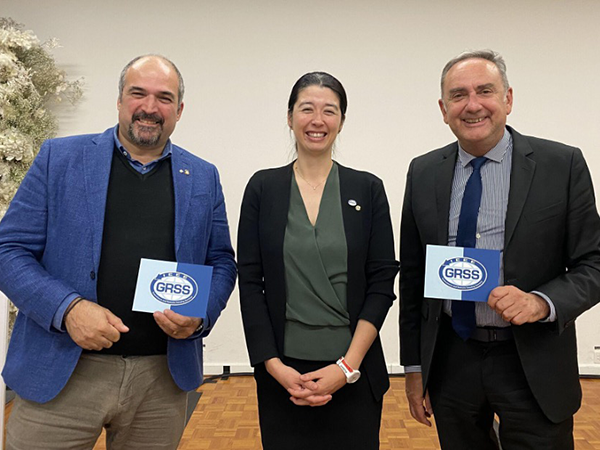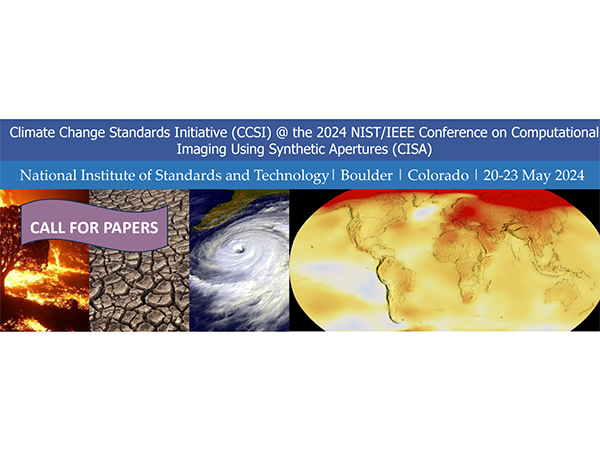LALINET CAL/VAL for EarthCARE Atmospheric Lidar Instrument
Webinar Speaker:
Dr. Eduardo Landulfo, Instituto de Pesquisas Energéticas e Nucleares – IPEN/CNEN
- August 25, 2021
- 10:00 AM EDT
- Sponsored by GRSS
- IFT-TC Monthly Webinar Series

About the Webinar
Space Lidar instruments are becoming more common during the last decade. The path drafted with Calipso mission was successfully followed by Aeolus mission and soon by EarthCARE. Still the proper calibration and validation of Space lidar products remains a challenge. In particular Lvl 2 products classification requires prior good correlation of Space data with airborne and ground measurement of each individual aerosol species (dust, maritime, biomass burning, volcanic ash etc. ). LALINET Lidar Network in Latin America has some unique capabilities, as it can trace many of these aerosols at their source (volcanic ash, biomass burning) before getting contaminated from other aerosols.
This is the reason the network is part of the EarthCARE Atlid Cal/Val group and their work in correlating ground measurements with operational space systems (Calipso) is invaluable. The transition from 532nm to 355 nm between the NASA and ESA missions is another challenge for these system and data intercomparison, that make the LALINET multiwavelengh instruments ideal for correlating the performance and data from these different space missions.
About the Speaker
Bachelor’s Degree in Physics from the University of São Paulo (1989), Master’s Degree in Nuclear Technology from the University of São Paulo (1992) and Ph.D. in Nuclear Technology from the University of São Paulo (1997). Currently, he is a senior researcher at the Institute of Energy and Nuclear Research (National Nuclear Energy Commission), and lecturer of a postgraduate course offered at the University of São Paulo. Has previous experience in Nulcear Physics, with emphasis on Gamma Spectroscopy, and since 1997 has been working in Geosciences, with emphasis on Remote Sensing with Lasers, working mainly on the following topics: handling, aerosols, remote sensing with lasers and air pollution.



























